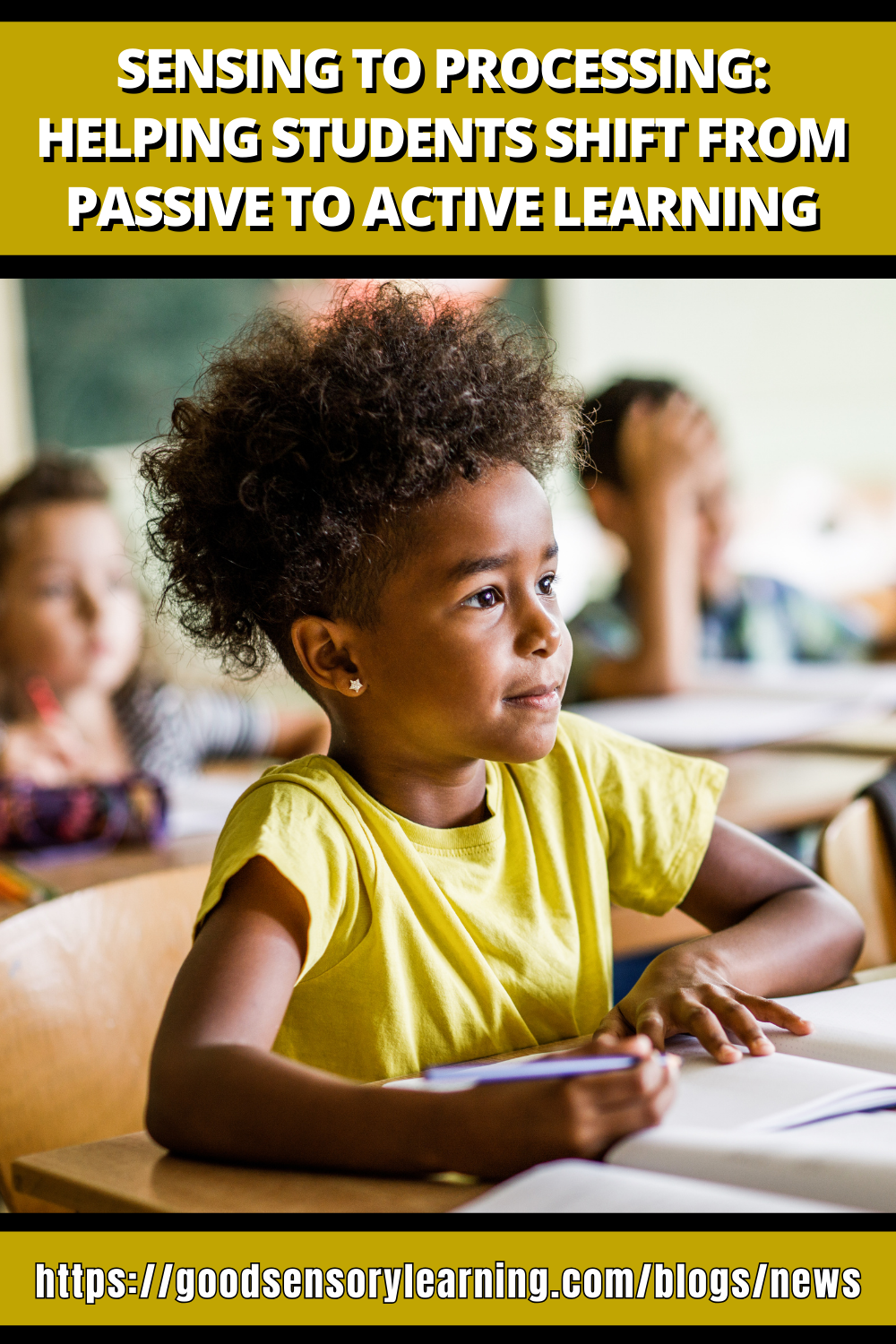Unlocking Self-Control: Introducing the E-Fun Inhibitory Control Workbook for Kids
In today's fast-paced world, children often face challenges in managing impulses and staying focused. Recognizing this need, I'm excited to introduce the E-Fun Inhibitory Control – Executive Functioning Workbook for Kids, a digital resource designed to empower children with essential self-regulation skills.
Understanding Inhibitory Control
Inhibitory control is a crucial executive functioning skill that enables individuals to pause and think before acting. It allows children to:
- Resist distractions
- Manage impulses
- Follow directions
- Stay on task
- Manage emotions
- Develop metacognitive skills
By strengthening this skill, children can enhance their focus, listening abilities, and decision-making processes.
CLICK HERE FOR FREE SAMPLE ACTIVITIES
What's Inside the E-Fun Inhibitory Control Workbook?
This 48-page digital workbook offers:
- Engaging activities that make learning self-control enjoyable
- Step-by-step strategies that teach kids to pause, reflect, and choose appropriate responses
- Visual aids with cartoon-style illustrations and reinforcing phrases like "I Control."
- Skill-building exercises that help make inhibitory control an automatic habit
- Research-based techniques grounded in cognitive science and executive functioning best practices
Introducing the YOU TURN Strategy
A highlight of this workbook is the YOU TURN strategy, a tool designed to help children become aware of their thinking and behavior. Instead of reacting impulsively, they learn to pause, reflect, and take control of their actions. This strategy makes self-regulation accessible and fun, turning impulse control into an engaging learning experience that kids can apply in everyday life.

Who Can Benefit?
The workbook is ideal for:
- Parents who want to guide their child through fun exercises that build self-control
- Teachers are looking for tools to support behavior management and attention in the classroom
- Therapists and executive functioning coaches areworking on emotional regulation and impulse control with children.
Flexible Digital Format
Available as a digital download, this workbook offers flexibility in how it’s used. You can print the pages for hands-on learning or import them into apps like GoodNotes or Notability and use them on a tablet with a stylus or on digital platforms like Kami or Canvas. This allows children to interact with the material.
Empower Your Child Today
Equip your child with the tools to pause, think, and make better choices. The E-Fun Inhibitory Control Workbook is more than just a resource—it’s a pathway to improved focus, self-regulation, and confidence in school and beyond.
CLICK HERE TO LEARN MORE & PURCHASE
If you love this resource, check out my other executive functioning workbooks for kids:
Cheers, Erica
Dr. Erica Warren is the author, illustrator, and publisher of multisensory educational materials at Good Sensory Learning. She is also the director of Learning to Learn and Learning Specialist Courses.
- Blog: https://goodsensorylearning.com/blogs/news
- YouTube Channel: https://www.youtube.com/user/warrenerica1
- Executive Function Podcast: https://goodsensorylearning.com/pages/the-personal-brain-trainer-podcast-with-dr-erica-warren
- Store: http://www.Goodsensorylearning.com/
- Courses: http://www.learningspecialistcourses.com/
- Newsletter Sign-up: https://good-sensory-learning.kit.com/drericawarren




Leave a comment
This site is protected by hCaptcha and the hCaptcha Privacy Policy and Terms of Service apply.